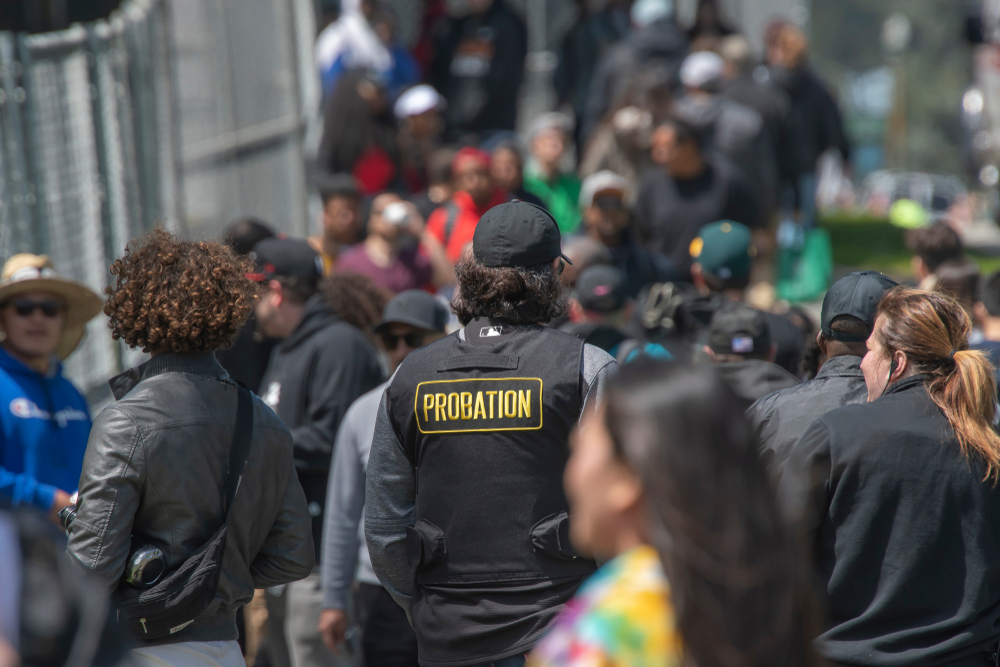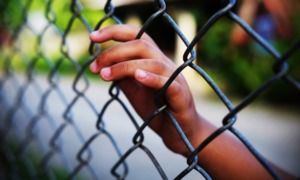Juvenile offenders participating in a 30-year-old project diverting youth from detention to community-based programs were less likely to cycle back into incarceration than those not enrolled in such projects, according to an evaluation recently released by the San Francisco organization launching that pioneering program.
By comparison, 51.3% of youth in the diversion program and 73.7% of those on probation recidivated, allegedly committing additional offenses that could result in convictions, incarceration or prolonged probation. Additionally, 23.7% of the diversion participants and 53.9% of probationers allegedly committed felony offenses.
Among other findings, the Center on Juvenile and Criminal Justice’s evaluation concluded that participants in its Detention Diversion Advocacy Program:
- were 30% less likely than non-participants to recidivate.
- were 56% less likely than non-participants to be convicted of a felony charge resulting in their re-incarceration.
- had half as many subsequent referrals to probation, on average, as youth who did not participate in the diversion program. In other words, there were 3.2 subsequent referrals among diversion program participants and 6.6 referrals among non-participants.
- had half as many referrals to probation — 1.6 versus 3.2—for a felony offense as youth who didn’t participate in the diversion program.
The evaluation, released in late July, tracked 76 youth in the diversion program and 76 who were on probation. Of that entire group, whose first arrests were between 2017 and 2020, 75% were male and 25% were female.
That second-chance diversion and advocacy program, its creators said, was the first of its kind in the nation. Models of it, the evaluation’s lead researcher wrote, were replicated in cities including Baltimore, Boston, Oakland, Philadelphia and Washington D.C.
The San Francisco diversion project’s innovation has been recognized by, among others, the Harvard Kennedy School in public policy and U.S. Office of Juvenile Justice and Delinquency Prevention.
































